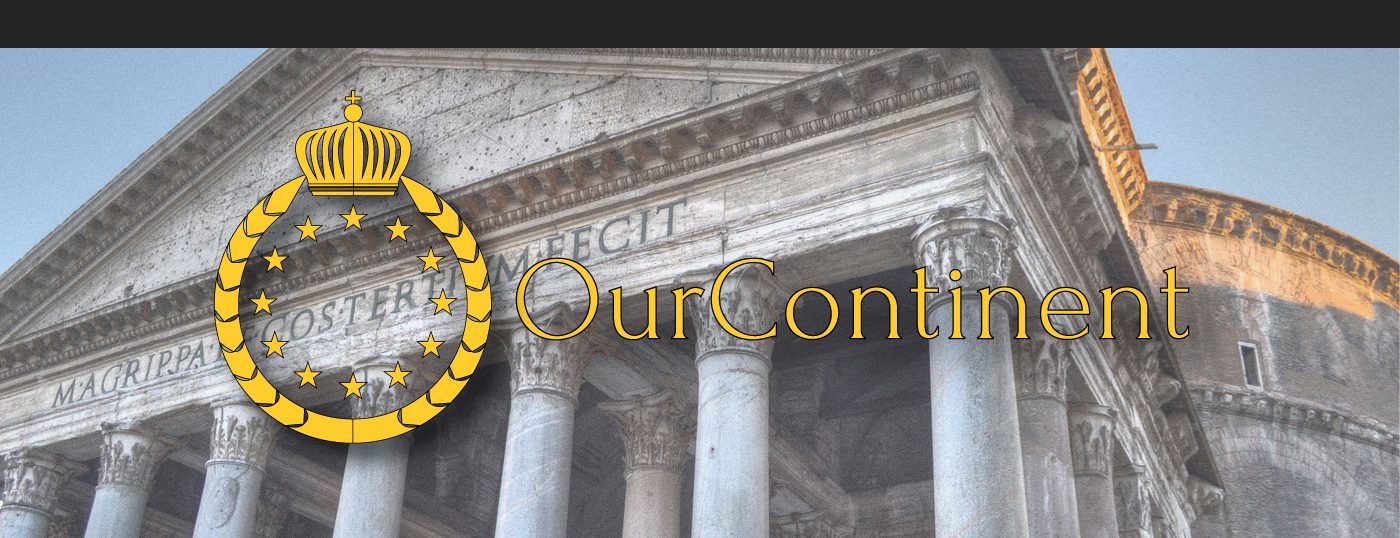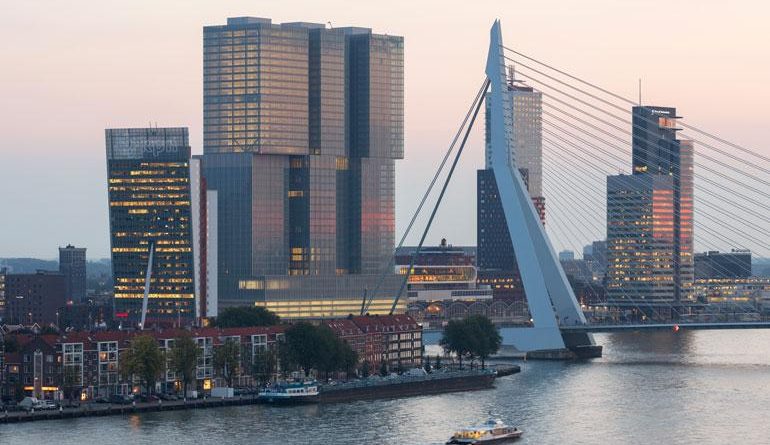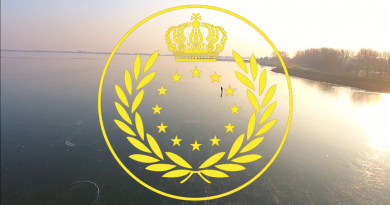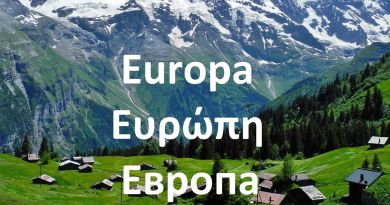Aversion in Europe: bridging the faultlines
Western Europe has developed a serious lack of cohesion, as significant ruptures in the social fabric have come to the fore. Party and ideological rivalries have fractured the political landscape, while ethnc and religious tensions have polluted relations between socio-cultural groups. The relentless clash of opposing, seemingly uncompromisable views has in many areas turned civil debate into a political melee fueled by dirty politics and tribalism. In this minefield of hostility and vilification, it has become almost impossible to say something sensible about the issues we are facing. Accusations from one side of bigotry and malevolence, and from the other of naievity or spinelessness, have put anyone sincerely seeking a solution in a terrible position. In full knowledge of this, and call me a fool for even trying, I will put forward a dead-honest and straightforward argument for cohesion in Europe.
Anyone asking how exactly we arrived at this stage might be dissappointed that that is beyond the scope of this piece. It is also only partly to the point. The simple answer is that it has been the result of a world that has in many ways changed too rapidly. Technological developments have profoundly changed how we live, work and communicate, while globalization and mass immigration from other cultures has transformed neighbourhoods and cities. Responding adequately to these changes has been the challenge of several generations, struggling to keep up with what at first might have felt like the progression towards an almost utopian future. There was the feeling that, eventhough we seemed to have lost control over the processes affecting our societies, these processes atleast were changing our societies for the better.
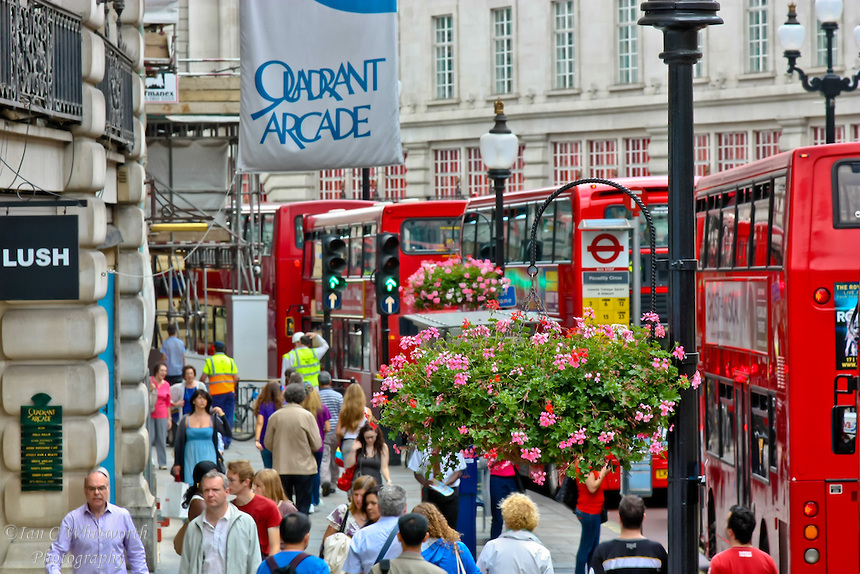
In part, this dream of utopia explains why, when the first real problems started to present themselves, they were observed in an air of denial and idleness. Messengers that pointed out these problems were either ignored, belittled or condemned, an attitude that persists to this day, although the problems have become all the more severe and the messengers have become louder and ever more numerous. The culmination of these developments was that, as the consensus began to break, a political climate emerged wherein instead of actually addressing the problems, we were stuck discussing what the right attitude was towards our changing world. All the while, citizens were beginning to face the brunt of the changes and were left wondering if they even wanted their world to change so profoundly in the first place. The seeds of contention had been planted.
Could things have been different? Probably. But it has little use brooding over things that have already come to pass. It is far more important to consider, having arrived at this point, how we are going to do something about its fallout. First, we must agree that there are in fact problems that need solving and we must agree as to what they are. At the risk of coming across too high-minded or overly dramatic, this will require us to rediscover the concepts of ‘truth’ and ‘meaning’. Postmodernism, as a philosophical current aimed at critically deconstructing all social foundations, has done a lot to convince us that there is nothing that we can confidently rely on. Objective truth is merely a social construct and moral values are only arbitrarily defined. This kind of relativist absolutism has eroded the trust and confidence needed for a healthy civil society.
The effects are numerous. In many cases, it has led societal groups, in lieu of a universal foundation for truth, to retreat into their own ideological realities. Most conspicously, and so oftenly pointed out, on the left side of the political spectrum, aswell as among some of our political leaders, this attitude is driven by an obsession with diversity and tolerance. Questionable developments like mass immigration are deliberately misrepresented to fit an emotionally-driven humanitarian view of society, while its unsavoury side-effects are obscured, sugar-coated or downright denied. Anyone considered unsympathetic to this worldview is branded as ‘coldhearted’ or ‘hateful’.
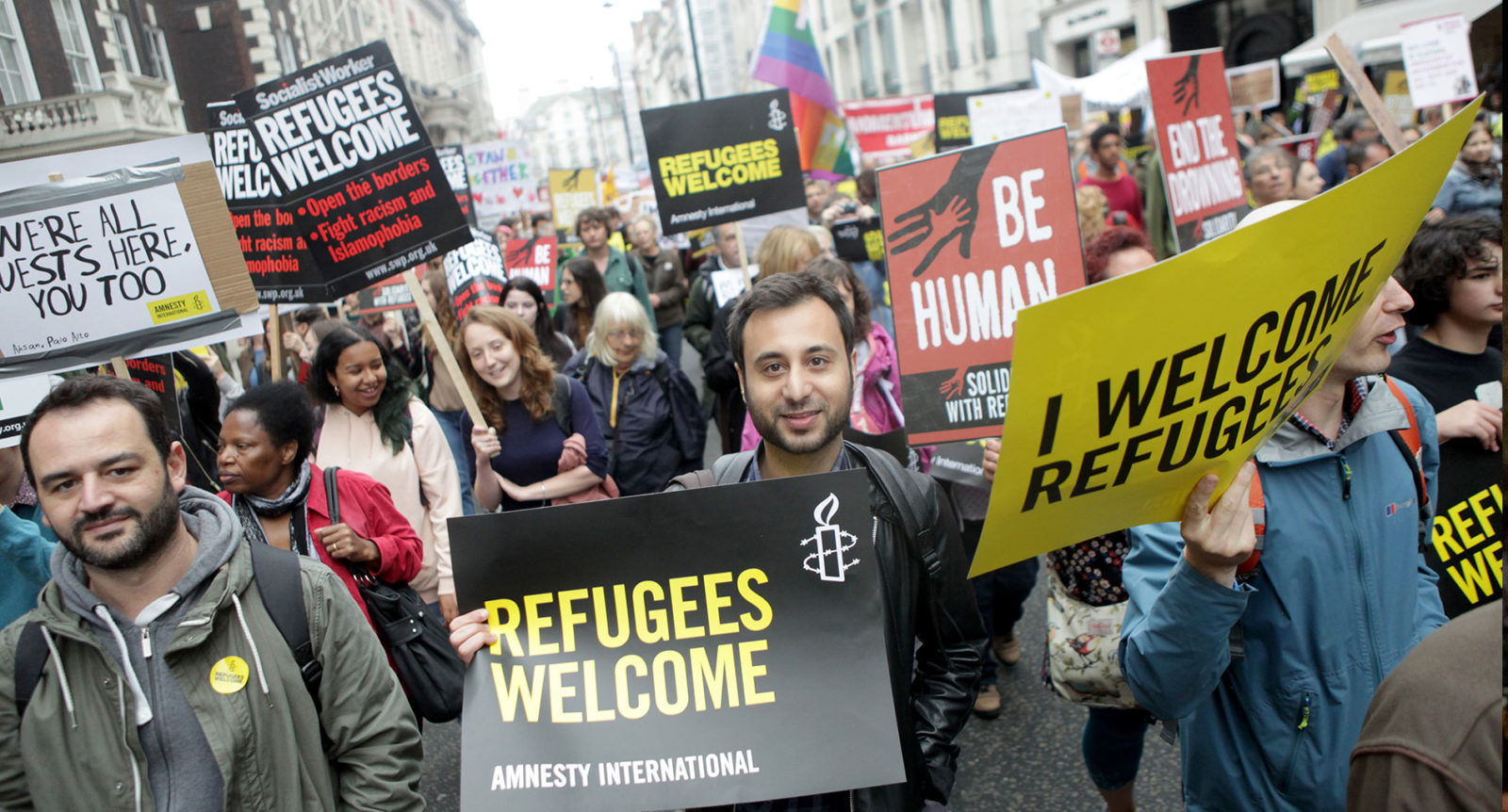
Likewise, on the right, to pander to the disillusioned European public, ‘outsider’ political figures and outlets present themselves as the only heralds of truth and answer. Anything relating to what they view as the ‘establishment’ or ‘mainstream’ should be distrusted in full. Outlets that relentlessly attack Western goverments and media are the only ones considered trustworthy, even to the point where obvious Russian propaganda machines like RT and Sputnik are lauded for their truthfulness and integrity. Whatever the specific form, from left to right, passion and loyalty to a specific group or worldview have replaced reason as the basis for political argument.
Moving forward, it is absolutely essential that we break through this rather hopeless entrenchment, face the true realities of the world and come to a common understanding about the state of our societies. The truth is that for better or worse, we now live in a society with people from all over the world. This is the hand we have been dealt. Leaving a discussion of its benefits aside, the situation has brought along the problems you might expect from bringing in large numbers of people from the Third World. Value systems and beliefs that would seem archaic to us, are by now prevalent in our societies. It shouldn’t surprise us then, that we have begun to see behavior and social habits that we would not hope to see on our continent in the twenty-first century. While we would find such actions unacceptable coming from the native European population, coming from migrant populations, we have given far too much leeway and have turned a blind eye, allowing malicious ideas and behavior to take hold and prosper. In turn, this has – quite understandably – turned otherwise manageable cultural tensions into a torrent of outrage.
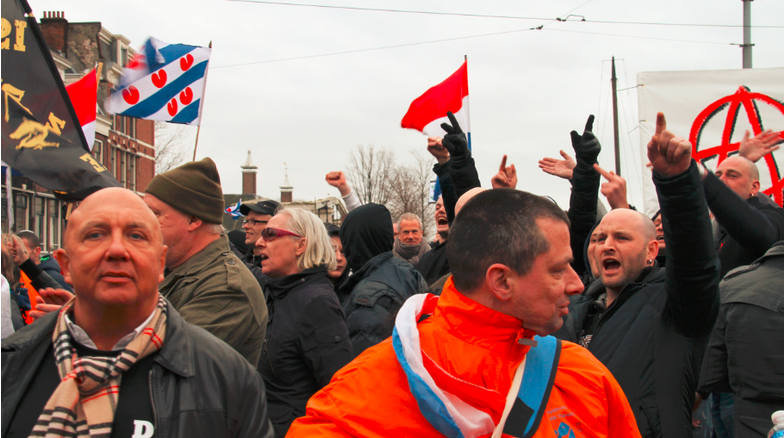
Now, in order to rise above the ideological fault lines and finally take on our problems head on, we have to agree on some common principles. Unlike what some demagogic prophet might vainly promise, there are no easy solutions. It will be the toil and hardship of generations to get back to where we want to be and it will require us to work together, especially with all good-willing people from migrant communities. First and foremost, given that many problems stem from failed integration and its counter-reactions, as I have uttered so many times before, we should immediately halt mass immigration from the Third World and repatriate the millions of illegal aliens still in Europe. More relevant to the subject at hand, in order to push back on detestable ideas and behavior and mend our socio-cultural divides, we have to establish a model for citizenship and hold anyone, regardless of background or ethnicity, to that non-negotiable standard. Whoever cannot adher to the basic principles of citizenship, has no place among us.
Having lost a solid ground for truth and meaning, you might wonder whatever that model could be. You might even feel a bit uncomfortable by the idea of a model for citizenship itself. But in fact, we already have such a model and until recently we did a pretty good job holding people to it. That model is called European culture. It is the culture of human equality, individual liberty, freedom of thought and expression, of the right for all men and women to live the life that they choose. It is also the culture of the rule of law, solid institutions and independent news media, of open discourse, the free flow of ideas and civil debate. Living up to the model of European culture then, demands us to speak honestly about the evils in our society and to fight for these values wherever we go. But it also demands us to not succumb to the false promise that breaking down and defaming our institutions or discarding our principles will bring us any step forward. Only with a strong, self-concious civil society and a strict adherence to the core essence of European culture, do we stand a chance of tackling our problem in the decades to come. It might not be perfect, but it damn well is the best we have.

